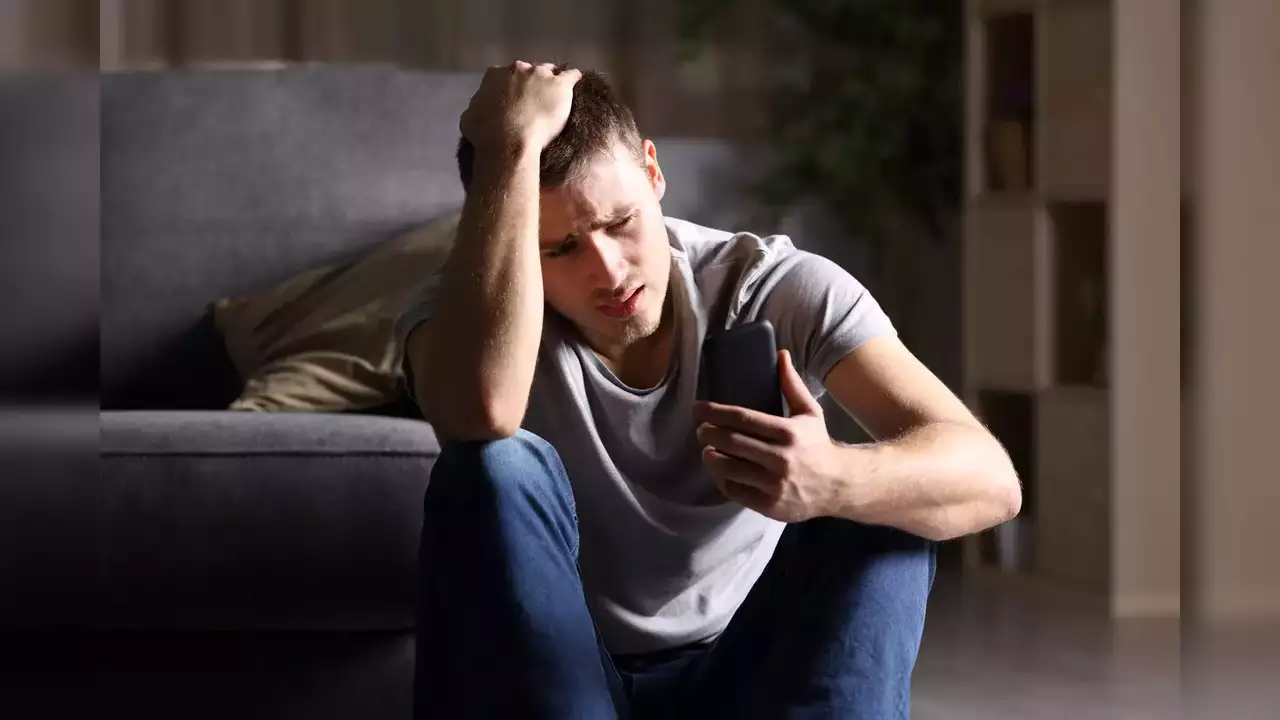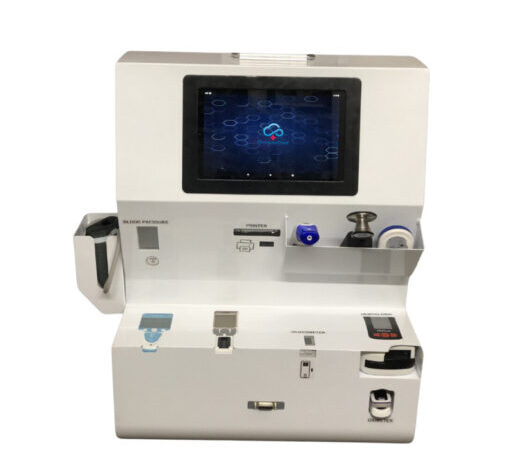
Music combined with auditory beat stimulation can reduce anxiety: Study
Toronto: The findings of new research show that treatments that integrate music and stimulation of weight hearing are effective in reducing anxiety in some patients. Study by Adiel Mallik and Frank Russo from Ryerson University, Canada was published in the ‘Ploo’ open access journal. Anxiety continues to increase, especially in adolescent and young adult populations, over the past few decades. Previous research shows that listening to music can reduce anxiety, it may even be more effective than some anti-anxiety drugs. However, quantitative data on personalized music effects on less anxiety In a new study, the researchers randled 163 patients using anti-anxiety drugs to participate in home care sessions involving music, stimulation of auditory beats, good, or pink noise – background sounds similar to white noise. This music is chosen for each patient using Lucid’s artificial intelligence which curses music based on the emotional condition of patients and music preferences. Hearing shake stimulation involves a combination of tones, played in one or both ears, designed to trigger change in brain activity. In all groups, patients are asked to download applications that are tailored to their smartphones for care, close their eyes, and listen to a 24-minute session.
Among people with moderate anxiety before treatment sessions, greater reduction in somatic anxiety – physical symptoms of anxiety – seen in people who listen to music and ABS (p = 0.04, effect size = 0.83), or those who Just listen for music (p = 0.05, effect effect = 0.52), compared to those who listen to pink noise. The biggest reduction in the anxiety of cognitive conditions, aspects of anxiety related to thoughts and feelings, is also seen in participants of medium characteristic anxiety who listen to music and stomach. Among people with high-nature’s anxiety before the session, the music group-alone has a significant reduction higher in anxiety compared to the abs-alone group (p = 0.04, effect effect = 0.72). The authors conclude that voice-based care can be effective in reducing the concern and potentially offering a simple and easy-to-distributed method in treating anxiety in the population segment.
Drs. Russo and Malik said: “With pandemic and long distance work, there has been an extraordinary uptick in the use of digital medical devices to support mental health. The results of this clinical trial showed a big promise for the use of digital medical devices, such as Lucid digital music therapy, in management Anxiety and other mental health conditions They added, “The findings of this study are interesting because they show that personalized music shows a great promise effectively reducing anxiety in the specific segment of populations suffering from anxiety. Hopefully, with additional research, we can help build a strong evidence base which further supports The use of music that is personalized as an additional tool in the doctor’s tool box that can be used to help reduce anxiety in the patient’s population. “



